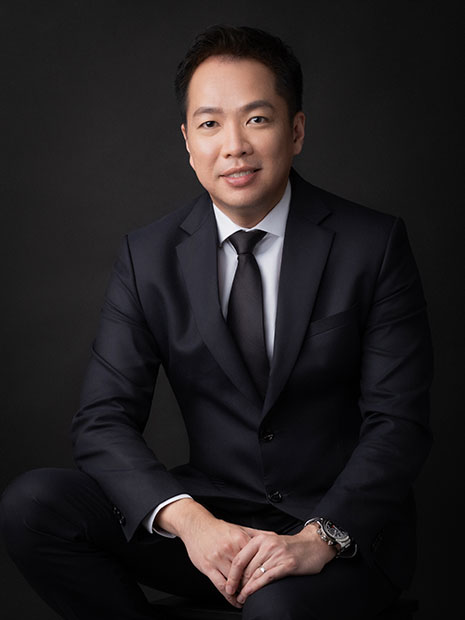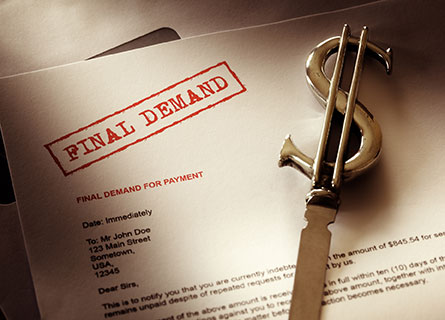Certifying True Copies of Documents
14.03.2023What is a notary public?
Notary publics are typically senior-level lawyers who are qualified to act under the Notaries Public Act. The lawyer must have undertaken an extra qualification to become a notary public.
They are involved with the preparation, verification, certification, attestation, and authentication of documents intended for use overseas. Both individuals and businesses are likely to need notarial services.
Notary publics are a small, independent, and specialised division of the legal profession. They originated from scribes who took notes of important events or decisions and recorded them in public or private records.
What is notarisation?
Notarisation is the process when a notary public confirms the authenticity of a document.
Typically, the notary will observe the signing of the document. They will have the individual sign the document, take an oath, and confirm their identity. The notary will sign and stamp the document to verify it is genuine.
There are two types of certifications which a notary would assist with. That being a document is either a true copy of an original document or has been validly executed.
Once authenticated by a notary, a document is treated as having the same weight as a court judgement, which is accepted throughout most of the world. However, some countries may require legalisation to be undertaken. This is an extra form of certification.
Why do we need a notary public?
There is no general rule that documents must be notarised before you send them overseas. However, the overseas party may insist you have the document(s) notarised before they rely on them.
There is a heightened risk in relying upon foreign documentation. Most people will not know whether they are authentic or not. A higher level of care is required when relying upon documents which come from overseas.
Notaries play a vital role in the prevention of fraud or identity theft. These are serious risks for businesses and organisations, which could cost them a lot of time and money if they get it wrong.
The documents which require notarisation fall within two categories. Documents which need to be certified as genuine and documents that provide someone with the authority to do something.
A document which needs to be certified as genuine could be a qualification you hold. If you are applying for a job overseas, your prospective employer may want to be sure you are qualified to carry out that role. For instance, they do not want to risk finding out after your first day on the job that you are not, in fact, a qualified brain surgeon!
Similarly, a document provides someone with the authority to do something. An overseas bank must ensure the Power of Attorney is genuine before allowing you to withdraw money from a relative’s bank account.
Documents may need to be notarised by a company or organisation. For example, documents associated with:
- Powers of Attorney
- Buying or selling property
- Getting married
- Taking up a job offer overseas
- To authenticate travel documents
- For visa or other immigration purposes, overseas
- Dealing with probate of a deceased person’s estate
- To bring or defend legal proceedings
- To create or invest in a business overseas
- To enter commercial contracts overseas
As you may appreciate, these are essential processes that could have severe consequences if something went wrong due to a reliance on fake documents.
What must I do to have my documents certified for use overseas?
Firstly, ensure that you understand what documents need to be notarised. Usually, the company or organisation that requires the documents to be notarised will outline these to you.
Be prepared to tell the notary what documents require certification and why. The reason why is important as the notary may be able to identify whether something further may be required which has been missed.
You will need to bring to the meeting:
The original document(s) for which you require notarisation –
- If a translation of documents is required, ensure you notify the notary public when making the appointment.
- It would be helpful if you provided the notary with the correspondence which outlines what the company or organisation requires to be notarised, if possible.
- Bring along your photographic and address identification. Although this is typically required for documents which grant you with an authority to do something, it is always best to bring it along to the meeting just in case.
All notarised documents require authentication from the Singapore Academy of Law (SAL).
Ensure that you discuss with your notary whether you need notarisation only or whether legalisation is also required.
The process followed when certifying documents used overseas
Collate all necessary documentation on which the company or organisation requires certification. Then, arrange an appointment with a notary following the guidance above.
Once your documents have been notarised, SAL must then authenticate them. An apostille will be attached to the notarised document, which is a certificate of authentication. The notary can help you with arranging this.
Some documents require legalisation, depending on the overseas government’s requirements. This is an extra form of authentication on top of the notarisation by the notary and the authentication by SAL.
The SAL will carry the legalisation process out. Your notary may be able to help you make an appointment with SAL. The legalisation of documents, once authenticated, may only be performed by SAL.
Legalisation is not a requirement for all documents, so check with the overseas government whether your documents require legalisation. Again, your notary may help you with this part.
As mentioned earlier, some documents may require translating. If translating the documents is required, ask your notary whether they can do this for you. If they are unable to, you should engage a certified translator. Your notary may have some recommended translators.
You may find further information on the authentication service provided by SAL at SAL Commissioners for Oaths & Notaries Public.
There is a public register which records documents which have been verified by SAL https://Legalisation.sal.sg.
Costs of notarisation
The costs of notarisation are fixed amongst all notary publics. The common fees are as follows:
| Notarial service | Fees payable |
| Notarial execution by one party for one document | $40.00 |
| For a second party to the same document | $20.00 |
| For each additional party to the document | $10.00 |
| For each exhibit marked on or attached to the document | $10.00 |
| Authentication by SAL of a notarised document | $87.20 |
| Execution by a company with declaration and exhibit | $150.00 |
| Certified true copy documents: with a seal | $10.00 first page, $5.00 for each subsequent page |
| Notarial certificate and seal | $75.00 |
| Statutory declaration for one party | $40.00 |
| Statutory declaration for a second party | $20.00 |
| Statutory declaration for each additional party | $10.00 |
| For each exhibit marked on or attached to the statutory declaration | $10.00 |
An example of what a notarial fee may look like
If you require two documents to be certified as true copies, such as a copy of your passport and a copy of a certificate confirming a qualification, the fee would be calculated as follows:
$10 (certifying your passport) + $10 (certifying your certificate which confirms your qualification) + $75 (notarial certificate for your passport) + $75 (notarial certificate for your qualification) + $87.20 (SAL certification fee for your passport) + $87.20 (SAL certification fee for your qualification) = $344.40.
You may view the full table of notarial fees here: Notaries Public Rules – Singapore Statutes Online (agc.gov.sg)




